A drug that boosts strength in injured or aging mice restores connections between nerves and muscle and suggests ways to combat weakness in humans due to aging, injury or disease.
Category: biotech/medical – Page 854
Michael Levin: On collective intelligence, academic publishing, and programmable biology (Ep. #5)
Join us as we delve into the fascinating world of collective intelligence, programmable biology, and the future of learning with renowned TED speaker and Harvard’s Wyss Institute Associate Faculty, Michael Levin. As the director of the Allen Discovery Center at Tufts University and co-director of the Institute for Computer-Designed Organisms, Levin stands at the forefront of biological research and innovation.
In this enlightening interview, we explore the potentials and pitfalls of rewriting our DNA to gain superhuman abilities – imagine being able to breathe underwater or see in infrared! We also address the nuances of academic publishing and the urgent need for more collaborative approaches within scientific disciplines.
This discussion is part of our ongoing series to understand and develop methodologies for collective and collaborative intelligence. The goal? To design more efficient and inclusive collaborative learning networks through our innovative methodology, Unify.
Tune in to learn more about the transformative power of biology, the future of academic collaboration, and the exciting potential of our Unify methodology. Whether you’re a biologist, an educator, a futurist, or simply curious about the potential of human biology, you won’t want to miss this interview.
Don’t forget to like, comment, and subscribe for more insightful conversations and deep dives into cutting-edge research and ideas.
#MichaelLevin #ProgrammableBiology #CollectiveIntelligence #UnifyMethodology #AcademicPublishing #Harvard #TuftsUniversity #TEDTalks #AllenDiscoveryCenter #WyssInstitute
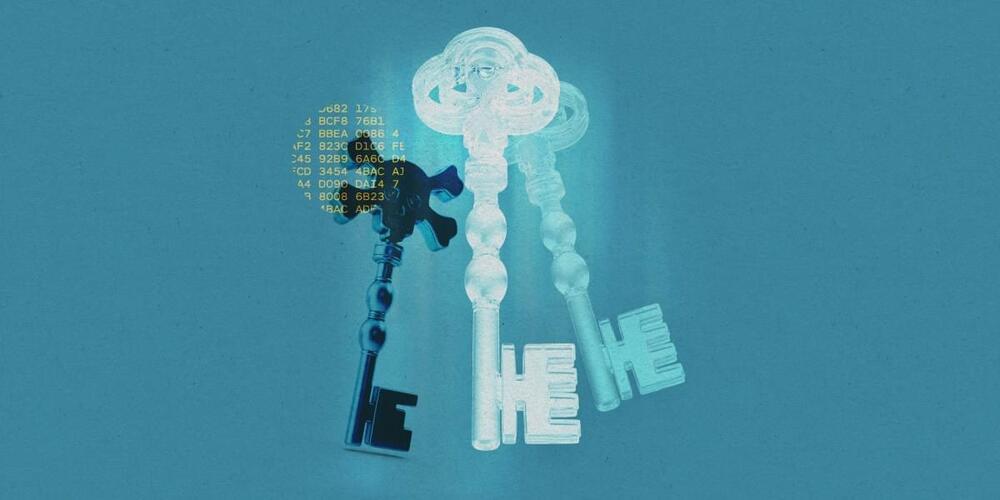
The fight over the future of encryption, explained
I want to tell you about one thing that came up in our conversation: efforts to, in some way, monitor encrypted messages.
Policy proposals have been popping up around the world (like in Australia, India, and, most recently, the UK) that call for tech companies to build in ways to gain information about encrypted messages, including through back-door access. There have also been efforts to increase moderation and safety on encrypted messaging apps, like Signal and Telegram, to try to prevent the spread of abusive content, like child sexual abuse material, criminal networking, and drug trafficking.
Not surprisingly, advocates for encryption are generally opposed to these sorts of proposals as they weaken the level of user privacy that’s currently guaranteed by end-to-end encryption.
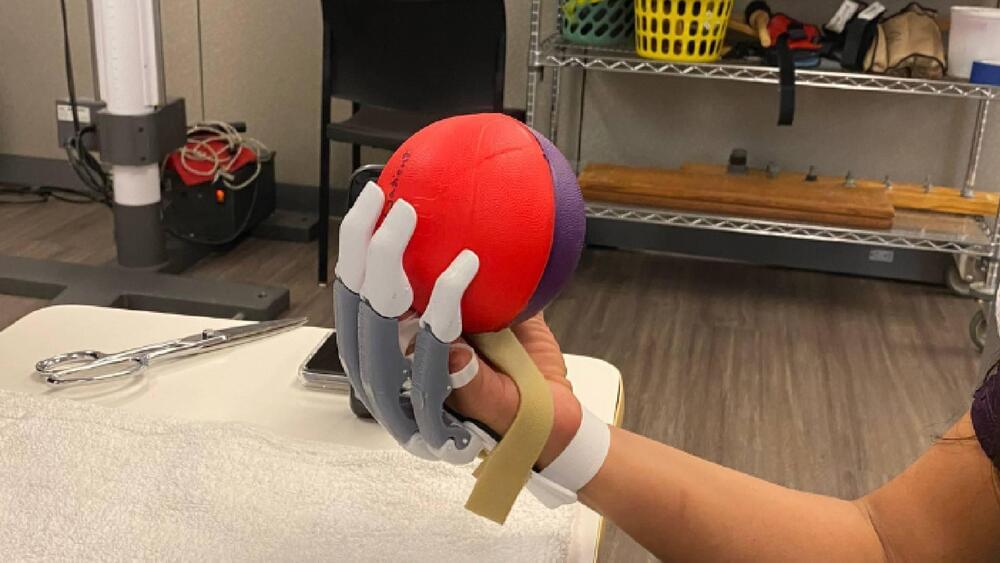
This award-winning 3D printable prosthetic is open access
In today’s world, there is much to be admired in someone who refuses to make a profit out of a good idea for the greater good. David Edquilang invented a new type of finger prosthesis called Lunet that has earned him awards around the world but he plans on making the design open access to benefit those who need it most.
Helping the greatest number of people
“Not every good idea needs to be turned into a business. Sometimes, the best ideas just need to be put out there,” said Edquilang in a statement issued by his university. “Medical insurance will often not cover the cost of a finger prosthesis, since it is not considered vital enough compared to an arm or leg. Making Lunet available online for free will allow it to help the greatest number of people.”

Suzanne Somers’ family reveals her cause of death: What to know about her health
Actor Suzanne Somers has died at the age of 76 after being diagnosed with breast cancer more than two decades ago, which ultimately was her cause of death.
Somers was best known for her roles in the hit sitcoms “Three’s Company” and “Step by Step,” and later in life for her health and fitness business ventures.
Somers died “peacefully at home” surrounded by her family on Oct. 15, one day before her 77th birthday, according to a statement to NBC News from Somers’ publicist on behalf of her family.
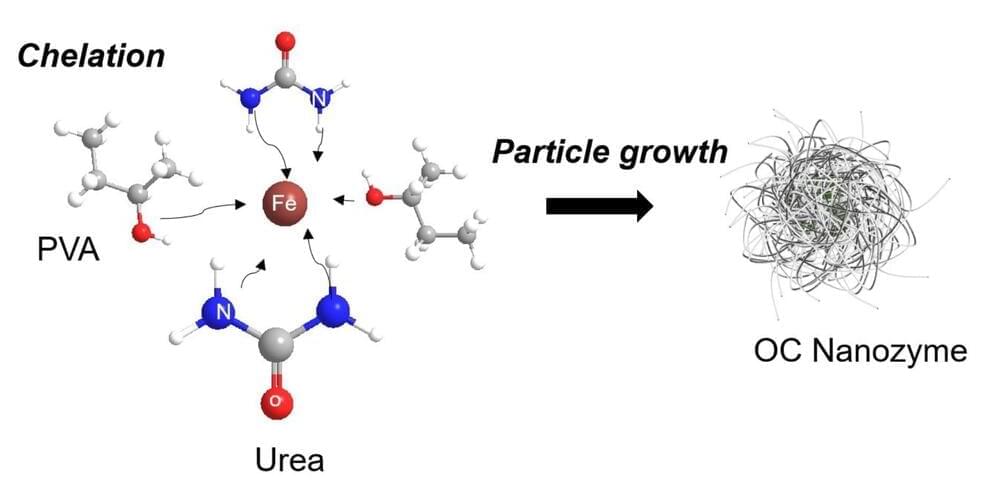
Researchers develop organic nanozymes suitable for agricultural use
Nanozymes are synthetic materials that mimic the properties of natural enzymes for applications in biomedicine and chemical engineering. Historically, they are generally considered too toxic and expensive for use in agriculture and food science. Now, researchers from the University of Illinois Urbana-Champaign have developed a nanozyme that is organic, non-toxic, environmentally friendly, and cost effective.
In a newly published paper, they describe its features and its capacity to detect the presence of glyphosate, a common agricultural herbicide. Their goal is to eventually create an user-friendly test kit for consumers and agricultural producers.
“The word nanozyme is derived from nanomaterial and enzyme. Nanozymes were first developed about 15 years ago, when researchers found that iron oxide nanoparticles may perform catalytic activity similar to natural enzymes (peroxidase),” explained Dong Hoon Lee, a doctoral student in the Department of Agricultural and Biological Engineering (ABE), part of the College of Agricultural, Consumer and Environmental Sciences (ACES) and The Grainger College of Engineering at U. of I.
What’s delaying regenerative medicine? Bill Faloon at RAADfest 2023
If you want optimism about life extension, here is Bill Faloon at RAADFest with the latest.
Bill Faloon gave the keynote presentation at the RAADfest conference in September 2023. In his talk, he discussed many of the advances in longevity research over the past year and described the main barrier to faster advances in regenerative medicine.
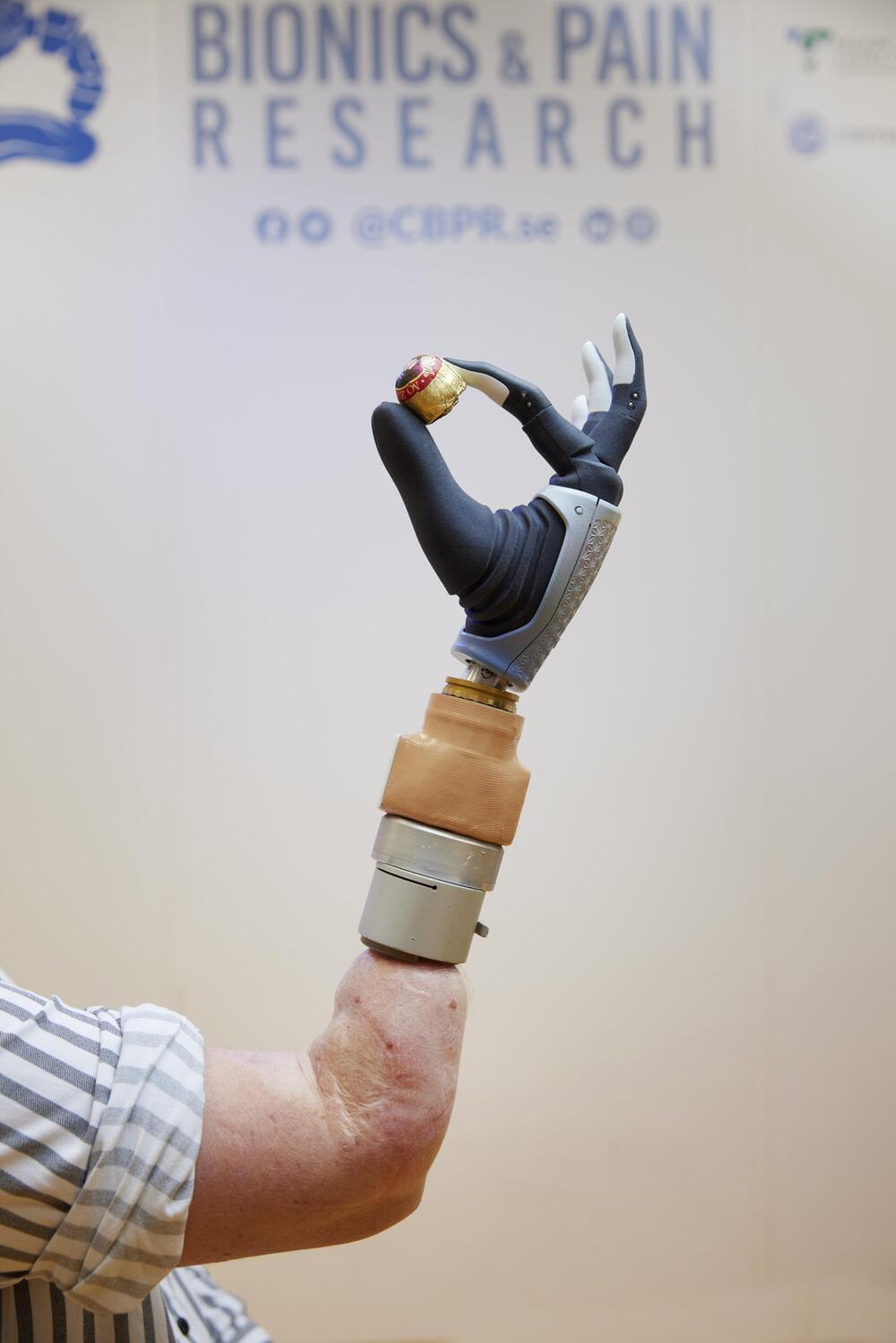
Bionic hand merges with user’s nervous and skeletal systems, remaining functional after years of daily use
Karin’s life took a dramatic turn when a farming accident claimed her right arm more than 20 years ago. Since then, she has endured excruciating phantom limb pain. “It felt like I constantly had my hand in a meat grinder, which created a high level of stress and I had to take high doses of various painkillers.”
In addition to her intractable pain, she found that conventional prostheses were uncomfortable and unreliable, and thus of little help in daily life. All this changed when she received groundbreaking bionic technology that allowed her to wear a much more functional prosthesis comfortably all day. The higher integration between the bionics and Karin’s residual limb also relieved her pain. “For me, this research has meant a lot, as it has given me a better life.”
Mechanical attachment and reliable control are two of the biggest challenges in artificial limb replacement. People with limb loss often reject even the sophisticated prostheses commercially available due to these reasons, after experiencing painful and uncomfortable attachment with limited and unreliable controllability.
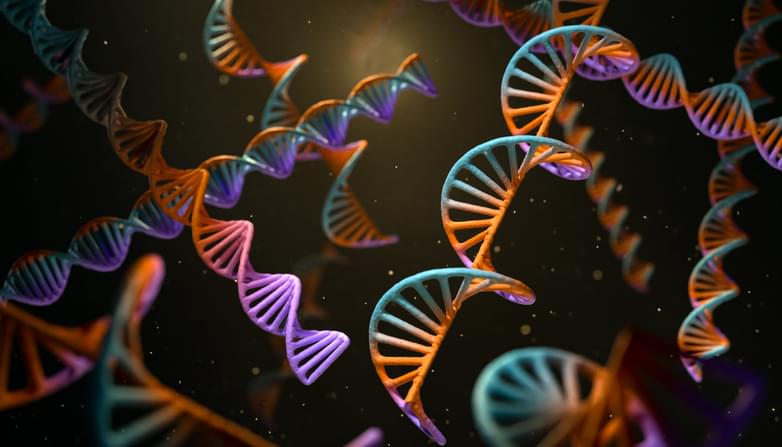
Automated Production for Cell and Gene Therapy Developers
Automation and sector-wide collaboration will be critical as developers try to move beyond the production challenges that slow growth of the cell and gene therapy sector. So says Julie G. Allickson, PhD, director of Mayo Clinic’s Center for Regenerative Biotherapeutics who argues that, despite considerable investment in infrastructure, production is still the biggest challenge.
“Both industry and academia are challenged by the lack of manufacturing capacity for cell and gene therapies,” she says, citing plasmid production and viral vector production as examples. “Besides these issues, the scalability of production processes can be difficult, especially when coupled to individually expanded cells. When looking at the patient cells variability, quantity and quality of cells is critical to ensure consistency in the product delivered to the patient,” she says.
The beauty of collective intelligence, explained by a developmental biologist
The strange science experiment that blew a worm’s head off… and blew our minds.
This interview is an episode from @The-Well, our publication about ideas that inspire a life well-lived, created with the @JohnTempletonFoundation.
Watch Michael Levin’s next interview ► https://youtu.be/XHMyKOpiYjk.
Michael Levin, a developmental biologist at Tufts University, challenges conventional notions of intelligence, arguing that it is inherently collective rather than individual.
Levin explains that we are collections of cells, with each cell possessing competencies developed from their evolution from unicellular organisms. This forms a multi-scale competency architecture, where each level, from cells to tissues to organs, is solving problems within their unique spaces.
Levin emphasizes that properly recognizing intelligence, which spans different scales of existence, is vital for understanding life’s complexities. And this perspective suggests a radical shift in understanding ourselves and the world around us, acknowledging the cognitive abilities present at every level of our existence.